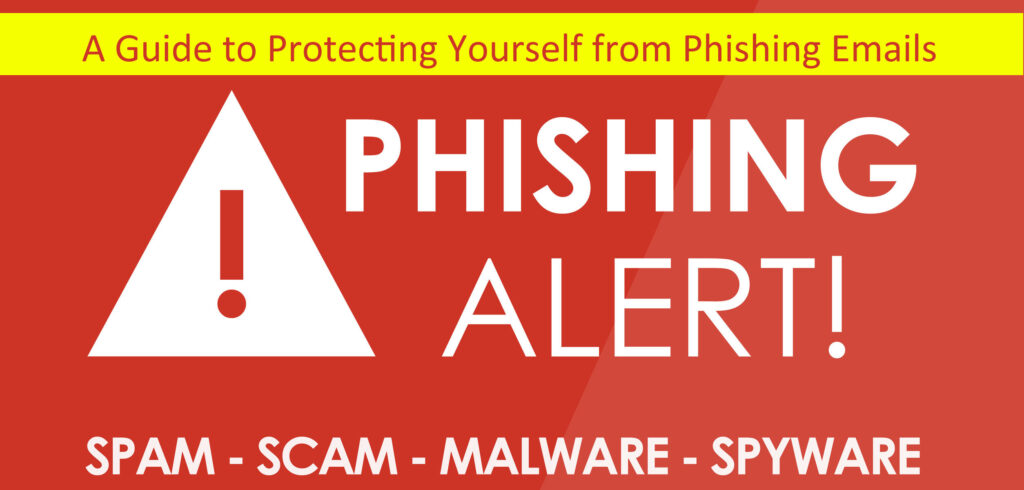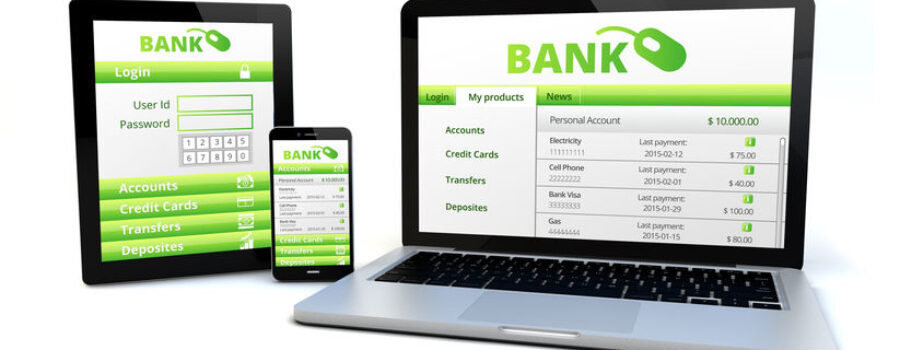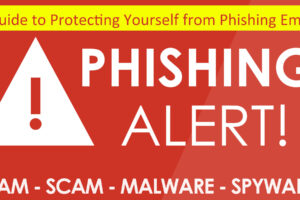Six Ways to Make Your Online Banking Experience Safer
Online banking is certainly convenient, but is it safe? If you are not careful, your online banking activities could inadvertently grant access to hackers, identity thieves, and others who mean you harm. But you do not have to give up the advantages of online banking; taking a few common sense precautions can help you protect yourself and your money. Here are six simple ways to make your online banking experience safer and more secure.
#1 Sign Up for Fraud Alerts
Banks have a vested interest in protecting their customers’ money. When banks suffer losses, their bottom lines are directly impacted. Worse yet, the erosion of customer trust could destroy the bank’s reputation, a hit that might take years of painstaking recovery efforts.
Given these concerns, nearly all banks allow consumers to receive notifications (typically by email and/or text message) of any unusual activity within their accounts or attempts to log into the account from unknown computers or locations. Signing up for these types of fraud alerts is a great first step to protect your money and security.
#2 Use Two-Factor Authentication
Two-factor authentication provides another layer of protection, over and above your login ID and password. If your bank offers two-factor authentication – and most do – you should start using it immediately.
When you turn on two-factor authentication, the bank sends a special code to your smartphone or email address every time you log in. The login attempt cannot be completed until you enter that code. It may take a few extra minutes, but the added security is well worth the effort.
#3 Download the Bank’s Mobile App
Mobile apps are convenient, but they also contain advanced security features designed to protect your account. When you do your online banking, using the mobile app can keep your information private and make it harder for hackers and other cyber criminals to access your account.
If you have not already done so, download your bank’s mobile app. Using that app can boost your safety and help you stay more secure.
#4 Avoid Public Wi-Fi Networks
It is tempting to hop on the nearest public Wi-Fi network, but you should not do any online banking when you do so. Public Wi-Fi networks are inherently insecure, and they should never be used for banking or other sensitive online activity.
No matter how tempting, avoid handling online banking over public Wi-Fi networks. Whatever you need to do can wait until you have a more secure and private online connection.
#5 Keep Your Browser and Computer Up to Date
Hackers and other cyber criminals often exploit weaknesses in web browsers, operating systems, and other vulnerable pieces of software. The companies that create the software are constantly trying to identify and resolve these weaknesses through software updates. It is, therefore, important to install these updates as soon as they become available.
Every device you use for online banking – including your tablet or smartphone – should be properly protected with strong anti-malware software and automatic browser updates. Keeping your devices up to date is an essential piece of the online banking safety puzzle.
#6 View Emails with Suspicion
Malware often spreads through infected links embedded in email messages, and customers should view those missives with suspicion. If you get an email purporting to be from your bank, contact the financial institution directly to verify its authenticity.
Until you know for sure that the email is legitimate, you should never click embedded links within emails, nor should you respond to requests for personal information. Learning to view these emails with suspicion is a good way to make online banking more secure.
Staying safe while banking online is the responsibility of every banking customer. If you access your account online, you need to take proactive steps to keep your information private and your money where it belongs. The six steps listed above can help you stay safe online, so you can get your banking done and get on with the rest of your life.






